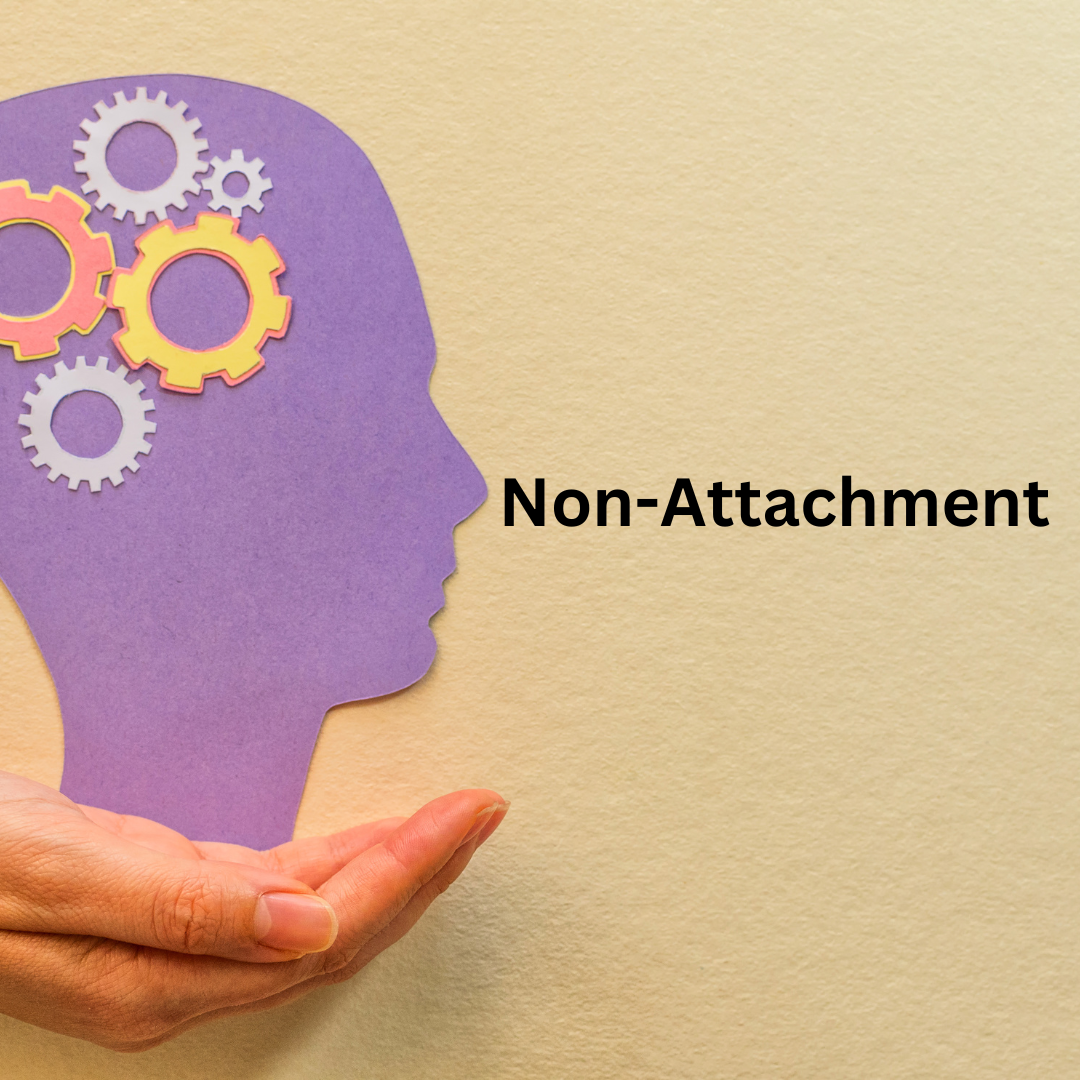As wonderful as life can be, and often is, a majority of people will encounter a personal crisis of some kind at some point. How do you support them in their hour of need?
Understand that medical professionals, first responders, counselors and many other professions require the ability to respond effectively to the crises of others. As skilled as they may be, their work isn’t cookie-cutter. They must recognize that each person is unique for a variety of reasons. Therefore, helpers build into their skill set a recognition of how differently individuals respond to a crisis.
There is a plethora of crisis situations: death, divorce, accidents and many more. Since many of these events are sudden and unexpected, the level of shock experienced is often severe.
We have been on both sides. We have needed assistance for personal tragedies. We have also been honored professionally to provide care to others.
There are many approaches to helping people who are experiencing a calamity. Here are some guidelines that may assist you in helping others in need:
- Check-in with them. Your visible show of support at the outset and later is of monumental importance.
- Be present and listen to what they are expressing. Giving advice is often not helpful in initial crisis stages unless there is a threat to their safety. Your loving presence is a gift.
- Know that there are times when there is no apparent solution to a particular problem. For example, if someone is experiencing a loved one’s death, you are limited in fixing the situation.
- Support them in finding resources. There are counselors, clergy, the Red Cross and community support agencies for nearly every kind of crisis.
- Practice your own self-care. Without a sense of balance, you can find yourself succumbing to your own set of symptoms.

Were you ever placed in timeout as a child? While it probably wasn’t fun, it may have given you a different perspective, at least temporarily. The timeout was designed to stop the trajectory of unacceptable behavior. For at least a short time it probably redirected your energy.
As adults, we are called to monitor our own behavior. It’s up to you to adjust your energy and behavior as needed. If you push too forcefully in one direction, the results may not be favorable. Let’s say you have an important goal in mind. Dedicating yourself and focusing your mind on a goal is a positive strategy. But if you hold on too tightly, you can unknowingly squeeze the life out of it.
Relationships, work and other aspects of life including goals all require space. If, for example, you drive too single-mindedly in your work without rest and relaxation, you are apt to burn out. If you push too strongly in a relationship and don’t allow breathing room, you inadvertently create sizable problems.
Sleep, meditation, vacations, restful days, active listening, and play time are all examples of creating space. These are direct forms of self-care and self-regulation. Do you regularly integrate these or other space-giving practices in your life?
What does it mean to create space in a relationship? It may be as simple as doing less of a behavior. For instance, if you’ve been told repeatedly by a friend or relative that you don’t really listen to them, you can alter that behavior by paying attention without distraction when they are speaking. Those kinds of tweaks give room for the relationship to grow and possibly flourish.
There are parts of us as humans that could use a timeout so that positive transformation can take place. It may be a blind spot for you. What type of feedback have you received? What areas of your life could benefit from a regular timeout?

Do certain things tend to trigger you? Perhaps it’s bullying or a bad driver? It might also be rude people or someone not listening to you. The world is full of opportunities to getting triggered. The thing is though, that getting triggered doesn’t feel good. Why? You step out of your personal power. You’re losing your peace and joy based on an external circumstance beyond your control. In Mindfulness, we teach that there is the pain of life and then there is self-imposed suffering. Getting triggered is suffering.
How then do you prevent yourself from falling prey to this? It’s true that sometimes you can get blind-sided. You didn’t see an event or conversation coming. Other times, you may have the same dynamic occur over and over again. If this is this case, you have an opportunity to prevent this from happening. You know it’s a possibility if you continue to put yourself in the same situation repeatedly. For example, if you have a relative who always wants to discuss a triggering topic with you, you may choose to set boundaries with that person. You may choose to request the topic be off limits. If they can’t respect your request, you may decide to not have a conversation with them at all. You have choices. Sometimes they are difficult to make. People may not like or understand your choices. It may feel awkward for you and them.
Another option is practicing non-attachment. This takes practice but can be done. You can be with a person or situation without being negatively impacted. In order to have your best shot at being non-attached, it’s important that you’re in a good space yourself mentally and physically. If you’re tired, worried or having physical symptoms, it will be easier for these externals to affect you. Do some things proactively to help you feel clear, strong and grounded like breathwork, movement and participating in joyful, satisfying activities.
When is it just too much? Do you ever look around your environment and feel suffocated by all the stuff? When you’ve accumulated things year after year without releasing some, objects pile up. When you keep adding activities to your schedule without having downtime, you can burn out. Saying yes to everyone and everything is a form of people-pleasing. It can also be a sign of codependency. When you have too much noise in your life and not enough peace and quiet, you can feel inundated and overwhelmed, unable to think clearly.
Essentialism was a term coined by one of our favorite authors, Greg McKeown, who wrote a book by the same name. He took a courageous step in his own life to examine where he was saying “yes” to people, things and activities when his true self wanted to say “no.” When you give yourself away to the agendas around you, you lose your way and eventually begin to feel fragmented and off balance. You lose yourself. People report feeling a sense of malaise when they’ve been engaging in this pattern. Malaise can ease into depression.
Greg was able to begin clearing his schedule of many activities that seemed urgent but ended up being superfluous in reality. He upset people in his life. They didn’t like nor did they understand. This is bravery. In our work in leadership, we call it the “stand alone” competency. You must release yourself from needing validation in order to experience true and abiding freedom.
Friends and colleagues of ours have downsized homes and office to create essentialism. They’ve bought smaller homes with less stuff. They shop less frequently. Many hang nearly nothing on their walls to enjoy the spaciousness of that aesthetic. They say they feel more free and peaceful. While you may not want to emulate what they’re doing, you may want to consider what would work for you. How could a dose of essentialism serve you and your highest good?

Do you ever feel like a leaf flapping around in the wind? It may seem sometimes that you’re at the mercy of external conditions around you. It can be a terrible feeling to be out of control and victim to external conditions, whether it’s people, events or circumstances. While it’s impossible to control externals, you retain influence over yourself. You can choose in the moment how to respond.
Consider the tall oak tree with its roots deeply embedded in the earth. It stands tall, strong and majestic. In a storm though, it may bend and sway. It may even lose a branch along the way. Usually, though, the oak remains firmly planted in the ground. When have you felt more like the oak tree in your life? How did that feel to you?
The oak tree also goes through seasons. Sometimes it gains some additional life to its form. Other times it loses parts and leaves. The oak still remains. How do you respond to the seasons of your life? Are you only happy when you’re in the growth phase? Can you also find contentment and peace when there are losses?
When you find your calm in the midst of chaos, that’s true personal power. When you don’t allow outside events, people or circumstances to dictate your mental and emotional state, that is mastery. It’s not necessary or good for you to be a yo-yo with the ups and downs of life. Stop allowing other people’s moods and agenda to control you. Your life belongs to you.
Find your center. Invest in your personal stability. Cultivate a rich interior life, and return to that space for yourself when you need sanctuary. Invest in activities and relationships that offer you a sense of joy and well-being and distance from those that don’t. When you are consistent with this type of care, you are less likely to become triggered by the distressing events around you. Self-mastery takes practice, but the return on investment is irreplaceable. Reach out to us today to gain support towards self-mastery!


